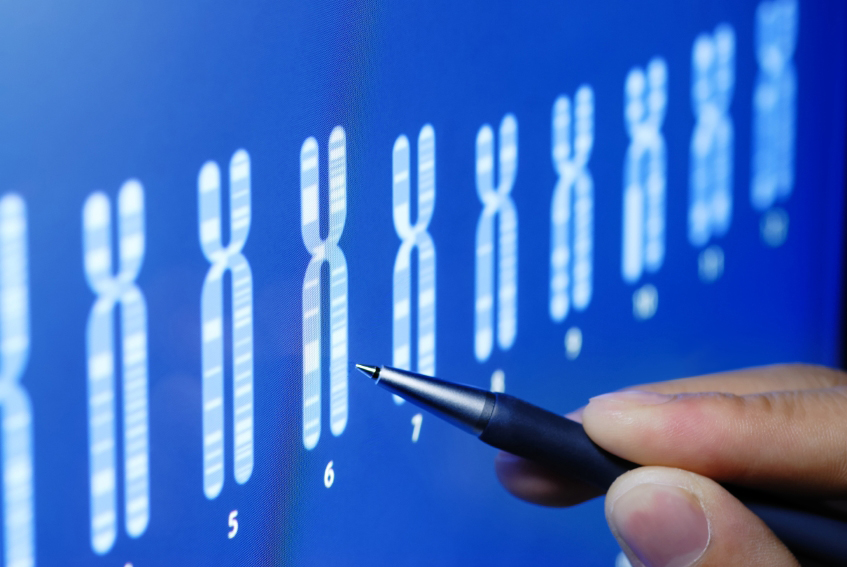The Federal Council has confirmed a review of medically assisted procreation (MAP) legislation adopted in Switzerland on 5 June 2016 (see Pre-implantation diagnosis authorised in Switzerland). Pre-implantation diagnosis will come into force on 1 September [1]. It can be used for couples with a “serious hereditary disease” with access to MAP. The law does not define the concept of “serious disease” but, according to the explanations provided by the Federal Council, these would include “serious psychological disorders, permanent dependency on significant items of equipment, such as oxygen cylinders, severely restricted mobility or severe pain proving refractory to treatment”. PID will also be used to detect Down syndrome and other chromosomal abnormalities. The law bans “embryo selection in an attempt to influence gender or other characteristics unless the risk of transmission of a serious disease can be avoided using a different method”. The selection of “baby medication”, embryo used to donate stem cells to a brother or sister with an incurable disease”,remains prohibited.
The government believes that approximately “500 to 1,000 couples could use pre-implantation diagnosis every year whereas there are 6,000 attempts at assisted procreation”. The test will not be refunded by statutory health insurance.
The reviewed legislation also authorises the development of twelve embryos per MAP treatment cycle as opposed to three in the past, thus authorising the preservation of these embryos for 5 years with a single 5-year extension, “if the couple still want to have a child“. Otherwise, the frozen embryos will be destroyed or used for human embryo stem cell research. Last but not least, the law authorises the use of donor sperm after the donor’s death.
For further information:
- “PID does not seek to reduce the handicap but to eliminate the disabled”
- The Swissagree to authorise PID
- In Switzerland, videos to understand the issues of PID
- Switzerland: disabled persons’ organisations unite against PID
[1] “One or more cells are harvested from an embryo conceived in vitro and analysed prior to implementation in the uterus” in an attempt to “detect the presence of any anomalies” and eliminate any potential carrier embryos.
Tribune de Genève (21/06/2017)

